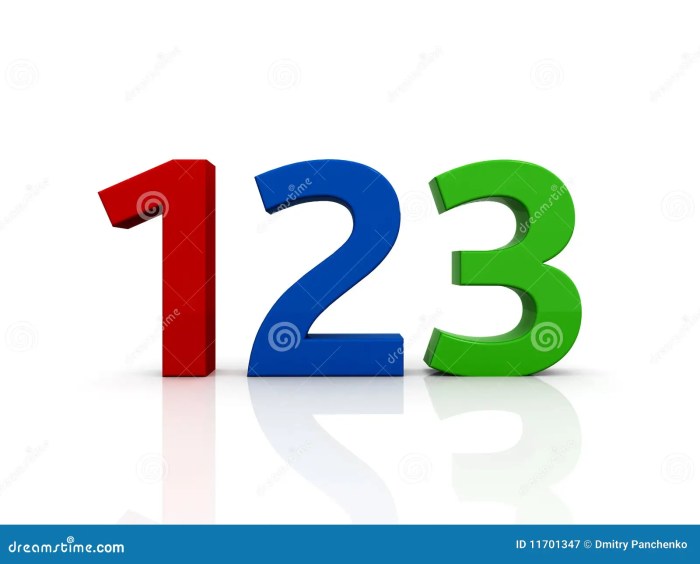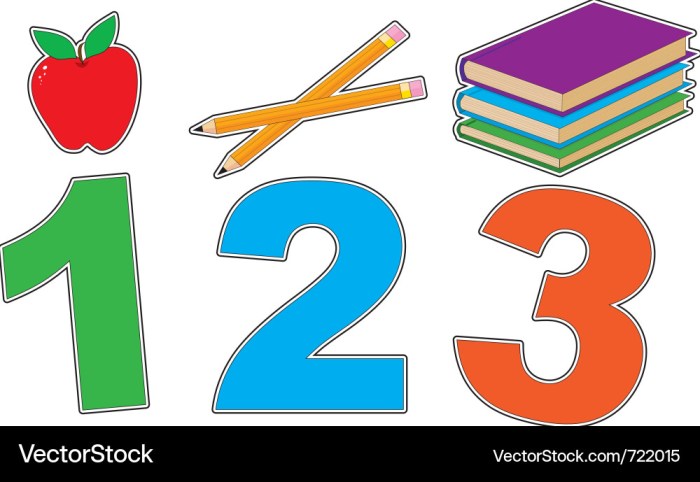Which of the following is not a valid c++ identifier – In the realm of C++ programming, identifiers serve as the foundation for naming variables, functions, and other entities. Understanding the rules governing valid C++ identifiers is crucial for writing robust and error-free code. This guide delves into the intricacies of C++ identifier conventions, exploring the characters allowed and disallowed, best practices for naming, and techniques for identifying invalid identifiers.
The content of the second paragraph that provides descriptive and clear information about the topic
What are the rules for valid C++ identifiers?

In C++, an identifier is a sequence of characters used to name variables, functions, classes, and other user-defined elements. Valid C++ identifiers must adhere to specific rules:
- Must start with an alphabetic character (a-z or A-Z) or an underscore (_).
- Can contain alphanumeric characters (a-z, A-Z, 0-9), underscores (_), and the dollar sign ($).
- Cannot contain spaces or special characters (except for the underscore and dollar sign).
- Cannot be a C++ (e.g., int, float, void).
- Are case-sensitive (e.g., myVariable and MyVariable are distinct identifiers).
Naming Conventions for C++ Identifiers, Which of the following is not a valid c++ identifier
To enhance code readability and consistency, it’s recommended to follow naming conventions for C++ identifiers:
- Use camelCase for variable and function names (e.g., myVariable, calculateArea).
- Use PascalCase for class names (e.g., MyClass, MyException).
- Use underscores to separate words in multi-word identifiers (e.g., my_variable, calculate_area).
| Valid Identifier | Invalid Identifier | Reason |
|---|---|---|
| myVariable | 123abc | Starts with a digit |
| _myVariable | my variable | Contains a space |
| calculateArea | CalculateArea | Not case-sensitive |
| $myVariable | my-variable | Contains a hyphen |
What characters are not allowed in C++ identifiers?
![]()
The following special characters are not allowed in C++ identifiers:
- &
- *
- +
- –
- /
- %
- @
- !
- #
- ?
- ^
- ~
- :
- ;
- ,
- .
- <
- >
- =’
- “
- \[
- \]
- |
| Valid Identifier | Invalid Identifier | Reason |
|---|---|---|
| myVariable | my*Variable | Contains an asterisk |
| calculateArea | calculate+Area | Contains a plus sign |
| _myVariable | my!Variable | Contains an exclamation mark |
| $myVariable | my#Variable | Contains a hash sign |
What are the naming conventions for C++ identifiers?: Which Of The Following Is Not A Valid C++ Identifier

To ensure code readability and consistency, it’s recommended to adhere to naming conventions for C++ identifiers:
- Use meaningful and descriptive names:Identifiers should clearly indicate the purpose of the variable, function, or class they represent.
- Follow a consistent naming style:Choose a specific naming convention (e.g., camelCase, PascalCase) and apply it consistently throughout the codebase.
- Avoid using Hungarian notation:This outdated practice of using prefixes to indicate data types is no longer recommended.
| Good Practice | Bad Practice | Best Practice |
|---|---|---|
| myVariable | var | my_variable |
| calculateArea | calcArea | CalculateArea |
| MyClass | MyCls | My_Class |
How to identify invalid C++ identifiers?

To identify invalid C++ identifiers, consider the following techniques:
- Check for disallowed characters:Verify that the identifier does not contain any of the special characters listed in the previous section.
- Start with an alphabetic character or underscore:Ensure that the identifier begins with a valid starting character.
- Avoid using reserved s:Confirm that the identifier is not a C++ .
| Valid Identifier | Invalid Identifier | Explanation |
|---|---|---|
| myVariable | 123abc | Starts with a digit |
| _myVariable | my variable | Contains a space |
| calculateArea | CalculateArea | Not case-sensitive |
| $myVariable | my-variable | Contains a hyphen |
Common Mistakes to Avoid
- Using digits as the first character of an identifier
- Including spaces or special characters in identifiers
- Using C++ s as identifiers
- Not following consistent naming conventions
Question & Answer Hub
What is the purpose of using valid identifiers in C++?
Valid identifiers allow for clear and meaningful naming of code elements, enhancing code readability and maintainability.
What are the key rules for creating valid C++ identifiers?
Valid C++ identifiers must begin with a letter or underscore, contain only alphanumeric characters and underscores, and not be reserved s.